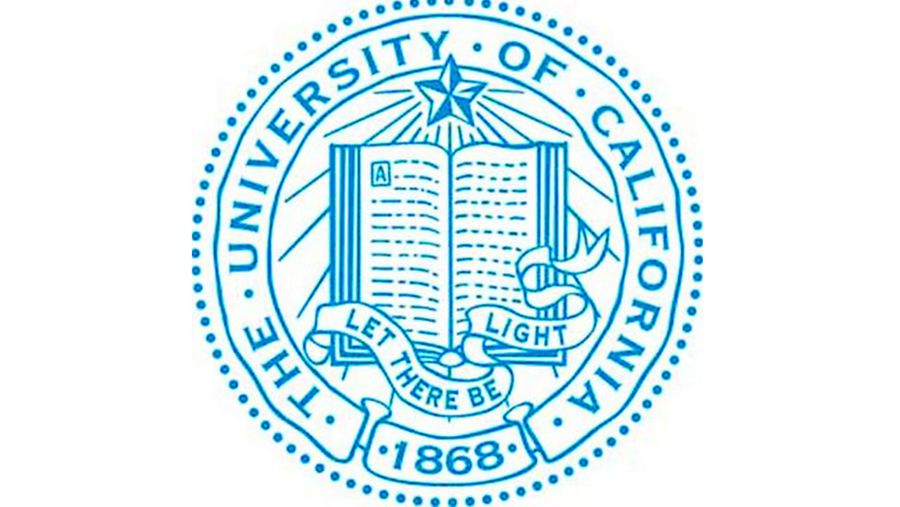UCLA law professor Richard Sander and the Asian American Community Services Center, a student organization, are suing the UC system for not disclosing information they believe points to the use of race as a criterion against Asian-Americans in the admissions process. The UC system claims that the requested records are already in the public domain and that it is not legally obligated to create new datasets on top of existing statistics. The case comes after a recent lawsuit filed against Harvard University, which reported discriminatory practices in its selection of applicants — reopening the debate on fairness in the admission processes of many prestigious universities.
The plaintiffs argue that the UC system is applying affirmative action to college admissions, violating Proposition 209, a state initiative passed into law in 1996 that made the consideration of race and ethnicity illegal in the admission processes of public institutions.
The precedent to the state law was first established in 1978, when the Supreme Court decided in Regents of the University of California v. Bakke that the race quotas UC Davis used to reserve a certain number of spots in its medical school for non-white applicants violated the 14th Amendment. The case upheld affirmative action, arguing that it accounted for the underrepresentation of historically disadvantaged groups until Proposition 209 came into effect.
The denied California Public Records Act request letter that led to the suit was opened in August of 2017, on the grounds that in 2008, the UC system released the same data when Sander first petitioned. Such data are collected and maintained by the UC system’s Board of Regents, its governing board composed of 26 members.
“The stonewalling, misdirection, filibustering, and ultimate refusal to provide information demonstrates the Regents’ deep and pervasive lack of transparency,” the suit stated.
More recently, Sander went to court and lost against the State Bar of California after a failed attempted to obtain similar documents, with the 1st District Court of Appeals affirming the trial court’s denial.
Sander is a known critic of affirmative action. Much of his research centers on its adverse effects, with many of his findings generating polarizing opinions. In 2014, he won a lawsuit against the UC system when it first denied his CPRA request for similar information pertaining to the admission of graduate students at the UCLA campus. This followed a report released by professor Robert Mare, which was based on entries from the years 2008 to 2011. From the 2014 Mare report, Sander found that, all else equal, African-American, Latino, and white students were all more favorably regarded and “overrepresented” in a second review of applicants compared to Asian-Americans.
Sander also wrote a book, “Mismatch,” in which he argues for “mismatch theory,” the idea that many public institutions are admitting students from underrepresented communities who are not academically apt to excel when pursuing higher education.
George Shen, founder of the Asian American Community Services Center and petitioner of the organization in the lawsuit, spoke out on the UC system’s alleged targeting of Asian-American students.
“There is an explicit American promise that if you work hard and play by the rules, you’ll be rewarded,” Shen said in a statement. “It seems to us right now that Asians in general not only are not being rewarded but are being penalized for playing this game too well.”
Shen also ran as a Republican candidate in a California State Senate race in the recent midterm elections.
UC Chief Media Spokesperson Dianne Klein responded to the suit by reaffirming the UC system’s commitment to its “holistic” review process, which encompasses 14 criteria including GPA, test scores, and quality of academic performance relative to the educational opportunities available in high school.
“[The UC system] strongly believes in the value of diversity and for the past 20-plus years since Prop 209 was implemented,” Klein said in a statement. “We have worked tirelessly using race-neutral methods to ensure that a UC education is accessible to all segments of our state population, the most diverse in the country.”
Since 2010, Asian-Americans remain the largest ethnic group of freshmen admitted to UC schools. They also have the highest percent admitted of total applicants of each ethnic group: 69 percent last fall compared to 59 percent for whites, 53 percent for Latinos, and 45 percent for African-Americans.
photo by University of California














